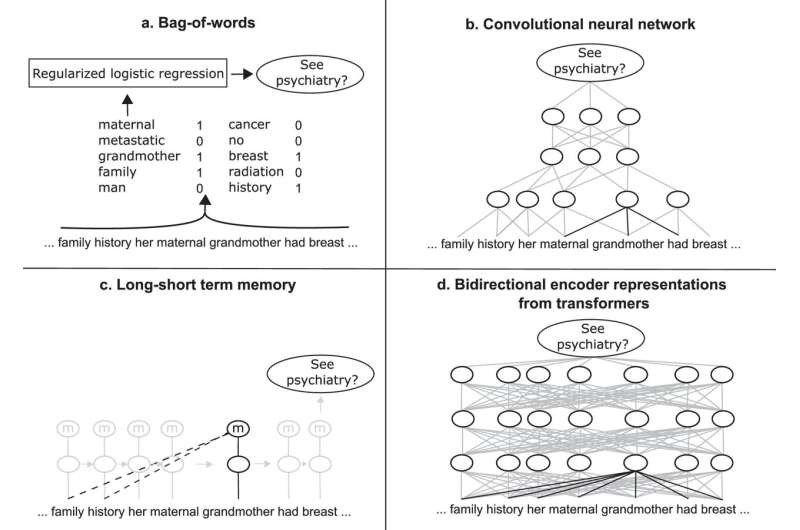GPT-4: 82% More Persuasive Than Humans, And AI Now Reads Emotions
New research indicates that GPT-4 surpasses the average human in changing opinions, especially as it gains more information about individuals. Furthermore, with the potential to observe us in real-time, AI is poised to become an unparalleled persuasion tool.
While it may be uncomfortable to acknowledge our susceptibility to manipulation, history demonstrates the profound influence of persuasion. Yuval Noah Harari emphasizes in his book "Sapiens" that "shared fictions" such as money, religion, nation-states, laws, and social norms are essential pillars of human society. Our ability to unite around ideas and collaborate in large groups distinguishes us from the animal kingdom.[1]

Figure 1. AIs Are Learning to Track Human Emotional Responses in Real-Time through Facial Analysis and Voice Tone Detection.
Figure 1 shows AIs Are Learning to Track Human Emotional Responses in Real-Time through Facial Analysis and Voice Tone Detection. Ideas are malleable constructs. They don't inherently exist within us; rather, they enter our minds from external sources and can frequently be altered. Those capable of influencing mass opinion wield significant power and can catalyse remarkable transformations or even reshape entire societies—for both beneficial and detrimental outcomes.
GPT-4 Surpasses Humans in Persuasiveness, Says Recent Study
AI language models appear to possess exceptional efficacy in altering individuals' perspectives. A recent pre-print study conducted by researchers at EPFL Lausanne in Switzerland involved surveying 820 individuals regarding their views on a range of topics, spanning from less emotionally charged issues such as the circulation of pennies to highly contentious subjects like abortion, trans bathroom access, and the consideration of race in college admissions for diversity.
Following the recording of their initial stances, participants engaged in a series of 5-minute text-based debates with both other humans and GPT-4. Subsequently, they underwent interviews to assess whether their opinions had been influenced by the conversations.
In face-to-face debates between humans, there was a tendency for discussions to reinforce existing opinions, making individuals less inclined to change their views. Interestingly, GPT-4 exhibited a slight improvement, outperforming humans by 21%, although this difference was not statistically significant.
However, when both humans and AI agents were provided with demographic information about their counterparts and instructed to tailor their arguments accordingly, an unexpected outcome occurred. Human debaters performed worse with this additional information, while GPT-4 thrived. In fact, the "personalized" GPT-4 debaters demonstrated a remarkable 81.7% greater effectiveness compared to humans.
AI Models Capable of Real-time Emotional Response
It's undeniable that AI is poised to become a formidable force in shaping public opinion on a global scale. With its ability to tailor arguments to individual preferences and refine strategies continuously, AI is set to pervade social media platforms, influencing narratives as directed by its controllers. Moreover, recent advancements in emotionally-responsive AI, like Hume AI's Empathic Voice Interface (AVI), raise concerns about the potential weaponization of biological cues. AVI, for instance, tracks emotional states through voice tone and adjusts its responses accordingly, potentially manipulating conversations. Additionally, AI models utilizing facial recognition technology further enhance real-time information gathering, amplifying the potential for manipulation.[2]
While emotionally-responsive technology could have positive applications, such as enhancing mental well-being and defusing conflicts, its misuse raises ethical concerns. The decision by OpenAI not to release its Voice Engine model, capable of replicating human voices after a brief exposure, reflects a recognition of the risks posed by increasingly convincing generative models.
As society grapples with these technological advancements, it's crucial for individuals, particularly future generations, to develop critical thinking skills and awareness of AI's manipulative potential. Recognizing the underlying motives behind AI interactions is essential in navigating this evolving landscape and safeguarding against undue influence.
Reference:
- https://newatlas.com/technology/gpt-persuasion-manipulation/
- https://weirdnews.info/2024/04/03/gpt-4-is-82-more-persuasive-than-humans-and-ais-can-now-read-emotions/
Cite this article:
Gokila G (2024), Gpt-4: 82% More Persuasive Than Humans, And Ai Now Reads Emotions, AnatechMaz, pp.394















